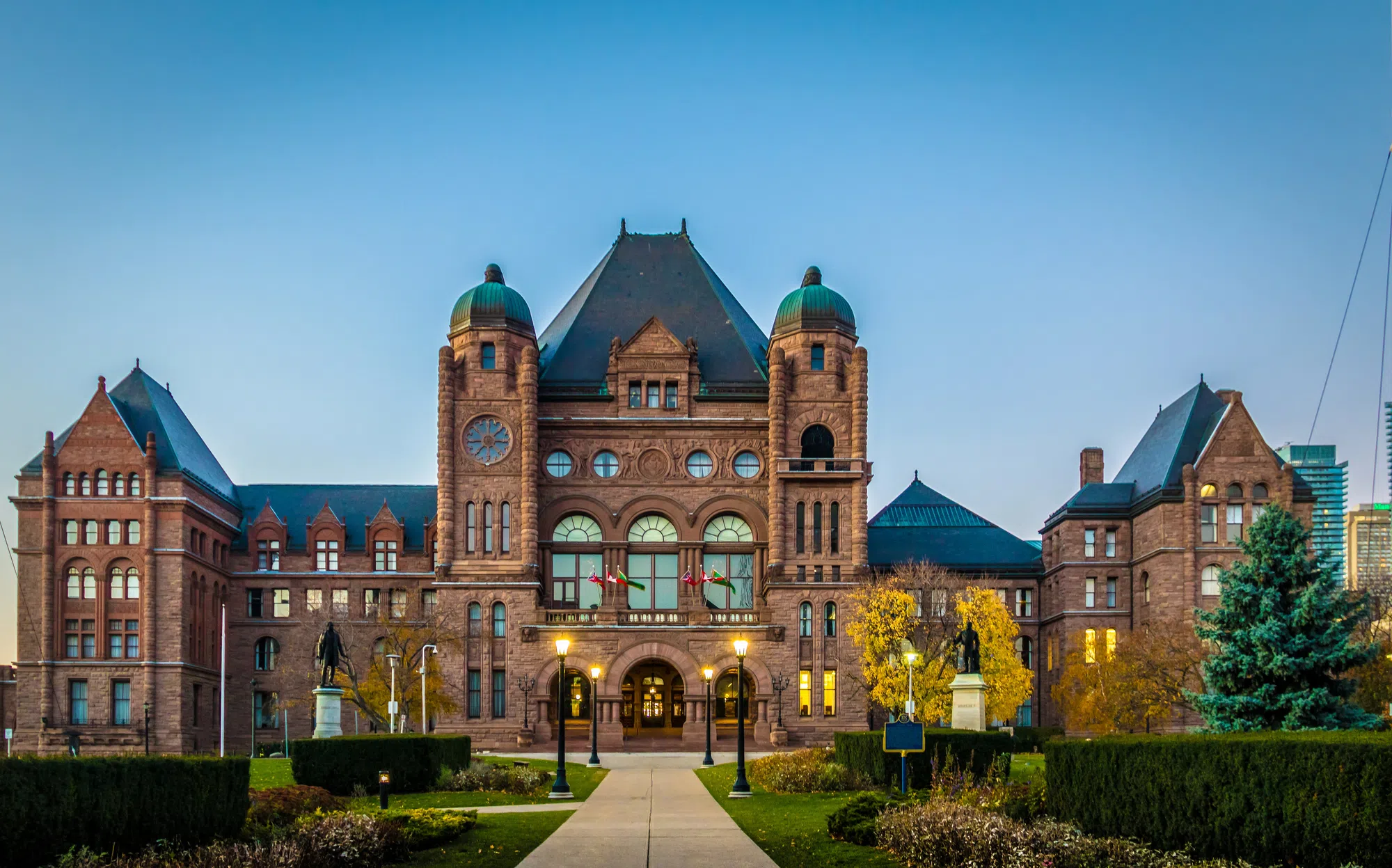
diegograndi / Depositphotos.com
Ontario’s Progressive Conservative government wants “strong mayor powers” in more municipalities, including most in Bruce and Grey counties.
The province announced this morning it is proposing expanding strong mayor powers to 169 additional municipalities across Ontario, effective May 1.
Ontario’s strong mayor powers regulation grants enhanced authority to mayors — or heads of council — in municipalities, especially in dealing with housing and related provincial priorities to support the construction of homes such as transit, roads, utilities and servicing.
“Heads of Council are key partners in our efforts to build homes and infrastructure across the province,” Minister of Municipal Affairs and Housing Rob Flack says in a release. “By extending strong mayor powers to these additional municipalities, we are providing mayors every tool at our disposal to empower them to get homes and infrastructure built faster. Mayors know their municipalities best, and we support them in taking bold actions for their communities.”
In Grey County, eight of the nine lower-tier municipalities — Owen Sound, Meaford, Hanover, The Blue Mountains, Grey Highlands, West Grey, Georgian Bluffs and Southgate — will get access to strong mayor powers next month.
Six Bruce County municipalities will also become strong mayor towns: Saugeen Shores, Kincardine, Brockton, Arran-Elderslie, South Bruce and Huron-Kinloss.
A release from the province explains the expansion of strong mayor powers is for municipalities with councils of six members of more, which explains the exclusion of Chatsworth, Northern Bruce Peninsula and South Bruce Peninsula — they have smaller-sized councils.
Owen Sound Mayor Ian Boddy says the announcement from the province comes as a surprise.
“It caught me off guard. I didn’t know this was coming. It was discussed with bigger cities a year or so ago … we didn’t have any prior knowledge,” Boddy says. “We’ll have to have a look at it and see what it means. I think at the end of the day, any decision that gets made on behalf the community really has to be well informed. So that doesn’t really change.”
Boddy says he is still learning some of the finer details of strong mayor powers, but knows they relate to the provincial government’s priority to get homes built.
“I know it’s around planning and the goal is to be able to fulfill the provincial government mandate to build more homes faster,” Owen Sound’s mayor says. “Certainly, if there’s anything we think would help us, we would look at it.”
He adds: “I would hope that a council of nine would come to the same conclusion that a mayor of one would.”
According to the Ontario government, additional powers for the mayor in “strong mayor municipalities” are the ability to appoint the chief administrative officer, hire certain division heads, reorganize municipal departments and create new committees and appoint their chairpersons.
It also grants mayors the ability to propose bylaws that advance certain provincial priorities, and pass them with only one-third support of council. The mayor can also veto bylaws that “could potentially interfere with a provincial priority.” That veto power can be overridden by a two-thirds vote by council.
The provincial government’s proposal to expand strong mayor powers to more municipalities will be posted on Ontario’s Regulatory Registry until April 16, and implemented May 1 if it moves ahead.



